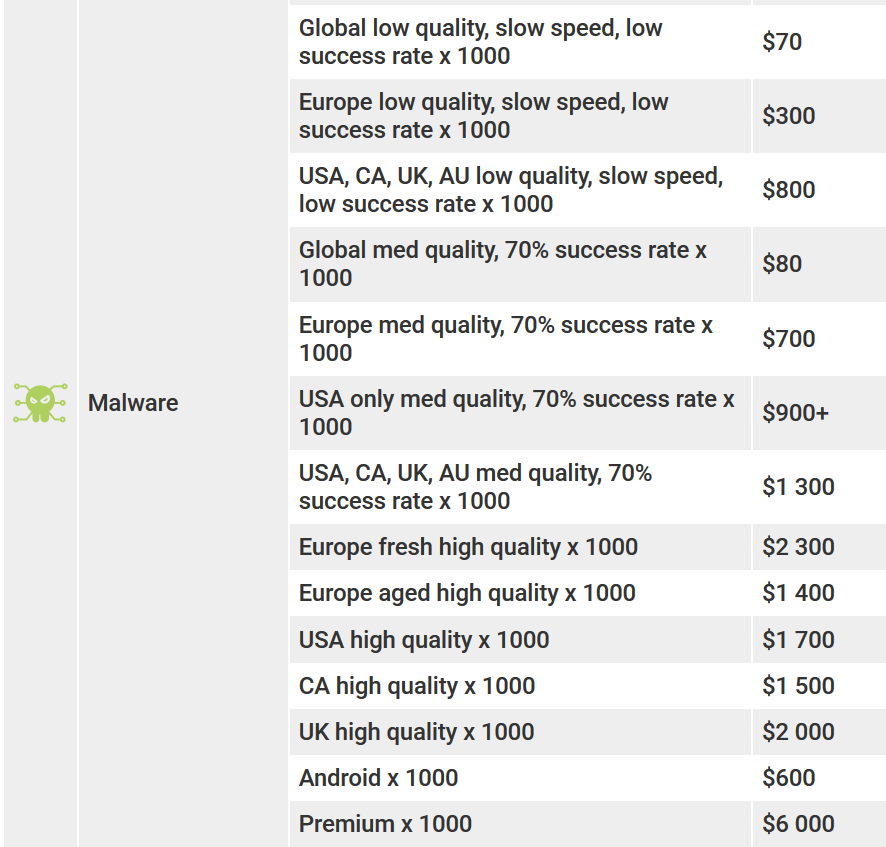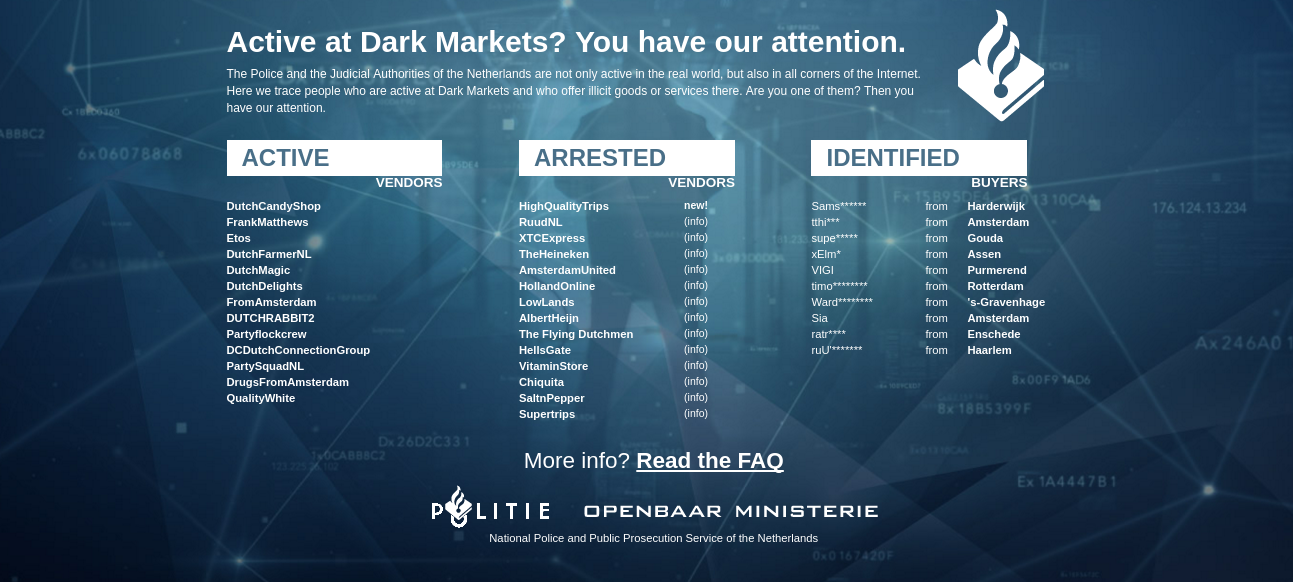Within the hidden corners of our internet exists an enigmatic realm known as the deep web. While much of our internet is accessible and indexed by traditional search engines, the darkweb operates in its shadows, requiring specific software and configurations for entry. It is frequently characterized by its anonymity and the allure of secretive transactions, drawing in individuals interested about both illicit and lawful activities.
Deep web markets have emerged as a significant aspect of this underground ecosystem, serving as virtual marketplaces where a variety of goods and products are exchanged. From illegal drugs and counterfeit currency along with hacking services and stolen data, these markets reflect a complex intersection of demand and supply that challenges the boundaries of legality and morality. As we explore the intricacies of these digital bazaars, we intend to uncover the mechanisms at play, the individuals involved, and the implications of operating within this darkened digital landscape.


Understanding the Dark Web
The dark web is a part of the internet that is un indexed by traditional search engines, making it a concealed realm accessible only through specialized software like Tor. This anonymity is a core feature that attracts users looking for privacy and safety. The dark web functions on various networks not accessible by standard browsers, allowing individuals to interact and transact without revealing their identities.
Within the dark web resides a complex ecosystem of markets where virtually anything from illicit drugs to fake documents can be purchased and traded. These markets function in a similar way to conventional e-commerce sites but are built on a basis of encryption and obscurity. The lack of oversight creates a dangerous environment where scams and illegal activities thrive, making it crucial for users to navigate these spaces with caution.
Despite its reputation for illicit activities, the dark web also serves valid purposes. Activists and informants may use these platforms to share information in oppressive regimes, seeking protection from monitoring. darknet sites of the dark web highlights the complexities of the space, leading to ongoing debates about its ethical implications and potential for both harm and benefit in society.
Key Darkweb Markets
The deep web is home to various marketplaces that cater to a wide range of illicit activities. Among the most notable is Silk Road, which was one of the first significant darkweb markets, specializing in the distribution of contraband drugs. Despite its seizure by authorities in 2013, Silk Road set the stage for many other markets and established a template for anonymity and security in transactions. This early success demonstrated the profitability of darkweb markets and encouraged the emergence of new platforms.
Another noteworthy player is Dream Market, which gained traction after the fall of Silk Road. Dream Market offered a more diverse array of goods, including software vulnerabilities, fake documents, and various drugs. It set itself apart with a simple interface and a strong community, attracting a significant user base. The market operated on a system of merchant reviews, which helped to build confidence among buyers and sellers, further strengthening its position in the darkweb ecosystem.
Currently, the Omega Market is gaining prominence as one of the leading darkweb marketplaces. It specializes in the trade of drugs and hacking services while maintaining a reputation for high-quality products and reliable service. Omega Market employs sophisticated encryption techniques to protect user privacy and features a wide range of payment methods, including cryptocurrencies, which are crucial for maintaining anonymity in darkweb transactions. As law enforcement continues to target illegal online activities, these markets adapt and change, illustrating the persistent demand for darkweb goods.
Risks and Solutions
Participating with illicit markets presents significant risks that participants must navigate. One of the foremost threats is the potential for law enforcement issues. Law officials monitor these platforms, and people caught buying or trading illicit goods can face harsh repercussions. Additionally, the privacy that darkweb markets provide can be misleading, as individuals may still be monitored through their digital footprint, putting them to multiple threats.
Another significant risk involves safety threats, including malware and scams. Many illicit sites can be schemes designed to obtain personal data or inject harmful software on individuals' devices. To combat these threats, individuals should utilize robust security measures, such as using VPNs, secure browsers, and reliable antivirus software. It is crucial to confirm the validity of the websites being accessed to prevent getting caught to cyber attacks.
Finally, there is the threat of monetary loss. Transactions on illicit markets are often carried out using cryptocurrencies, which can hinder recoveries in cases of fraud. Users should exercise vigilance and explore using third-party payment services where accessible to safeguard their payments. Diversifying the ways in which they can safeguard their investments, including holding varying levels of currency in distinct accounts, can also act as a safeguard against possible losses.
